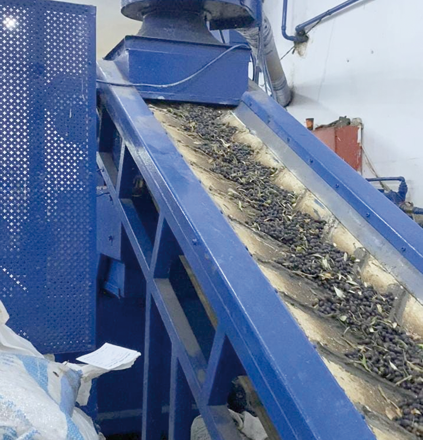AMMAN — Olive oil production during the first month of the 2024 season has increased by 32.2 per cent, compared with the same period of last season, the Department of Statistics (DoS) announced on Tuesday.
A DoS report said that olive oil production between October 15 and November 15 totalled 12,000 tonnes, compared to 9,100 tonnes in the corresponding period of last year's season, the Jordan News Agency, Petra, reported.
Geographically, Irbid Governorate led the production with olive presses producing some 6,000 tonnes, Ajloun followed with 1,400 tonnes, and Balqa ranked third with around 1,150 tonnes.
The DoS has been conducting an annual survey of olive oil presses since 2008 in collaboration with the Ministry of Agriculture through weekly visits during the season to ensure accurate data collection, and support the goals of the National Strategy for Agricultural Development.
These efforts aim to unify national statistical records, enhance food security, and guide future policy decisions.
According to DoS data, olive trees cover 72 per cent of the agricultural land in Jordan.
Some 10.5 million olive trees are planted over 560,000 dunums, most of which are located in the northern region of the Kingdom. Jordan is also ranked 8th internationally in olive oil production.
